International equine welfare projects adapt to Covid-19 restrictions to protect horses through the pandemic
Find out how our international projects with working horses, donkeys and mules around the world have adapted to deal with the impact of the coronavirus pandemic.
Posted on 29/04/2020

With projects in 16 countries across Latin America, Asia and Africa, we work through local partners to deliver horse care knowledge to communities who rely on working horses for their livelihoods, and provide practical training to vets, farriers, saddlers and others to help raise standards and improve availability of equine care. Working in partnership with universities, government agencies and other charities, we work to have the too often invisible equines included in government policies and on veterinary curricula.
Project countries are in various states of emergency and each has some form of lockdown due to the global Covid-19 pandemic, which is having a significant knock-on effect on the horse-owning communities. Many people are experiencing a loss of income brought about by the closure of business and industry and, without earnings, it is likely that many families – and their animals – will suffer. Unlike in the UK, many countries in which we work will be unable to offer government income support and many equine owners operate within informal economies, so there is a desperate need for support.
The first concerns have been around providing food for the animals and, in some countries, our project teams have been able to provide subsidised feed and bedding to owners, whilst other project teams have liaised with local municipalities to ensure that they include the equine-owning communities in their lists of those to receive basic emergency food supplies. Some were also able to provide our community advisors and service providers with resources that could be used to manage basic first aid care, with telephone support from the teams during lockdown.
While almost all our project field activities have been halted, support for owners is being provided remotely through telephone calls to offer advice on specific concerns or as a more general check-in and discussion on management of their equids. Even the poorest areas have access to mobile phones, and these are offering an important lifeline for horse-owning communities.
Project teams and Regional Co-ordinators in the Americas have taken the initiative to come together twice weekly via video conferencing to share experiences and discuss ideas of ways to operate in this new environment. This has included how best to support and engage with owners, such as ideas for developing messages that can be sent by text and ways of identifying and offering training remotely. In fact, this initiative has been so successful our International team is looking to maintain this connectivity once life begins to return to normal. Throughout the whole emergency, the UK-based team have been continuing to provide support remotely, and the current situation has also given them the opportunity to identify ways to further improve how they work.
The situation in each country is being closely monitored so that our teams can get back into the field and directly help working horse owners as soon as possible. They are also keeping track of other on-going equine welfare issues, such as the concerning outbreak of African Horse Sickness in Thailand, and taking action. Our team in Cambodia, for instance, is already out in the border provinces with the support of the government’s animal health department, helping owners to put in place prevention measures such as shade netting for shelters and insecticides to try to tackle the threat of an outbreak. The team are also working with other working animal charities as part of the International Coalition for Working Equids to produce informational posters and webinars on identifying and preventing the deadly disease.
Topics
Related News
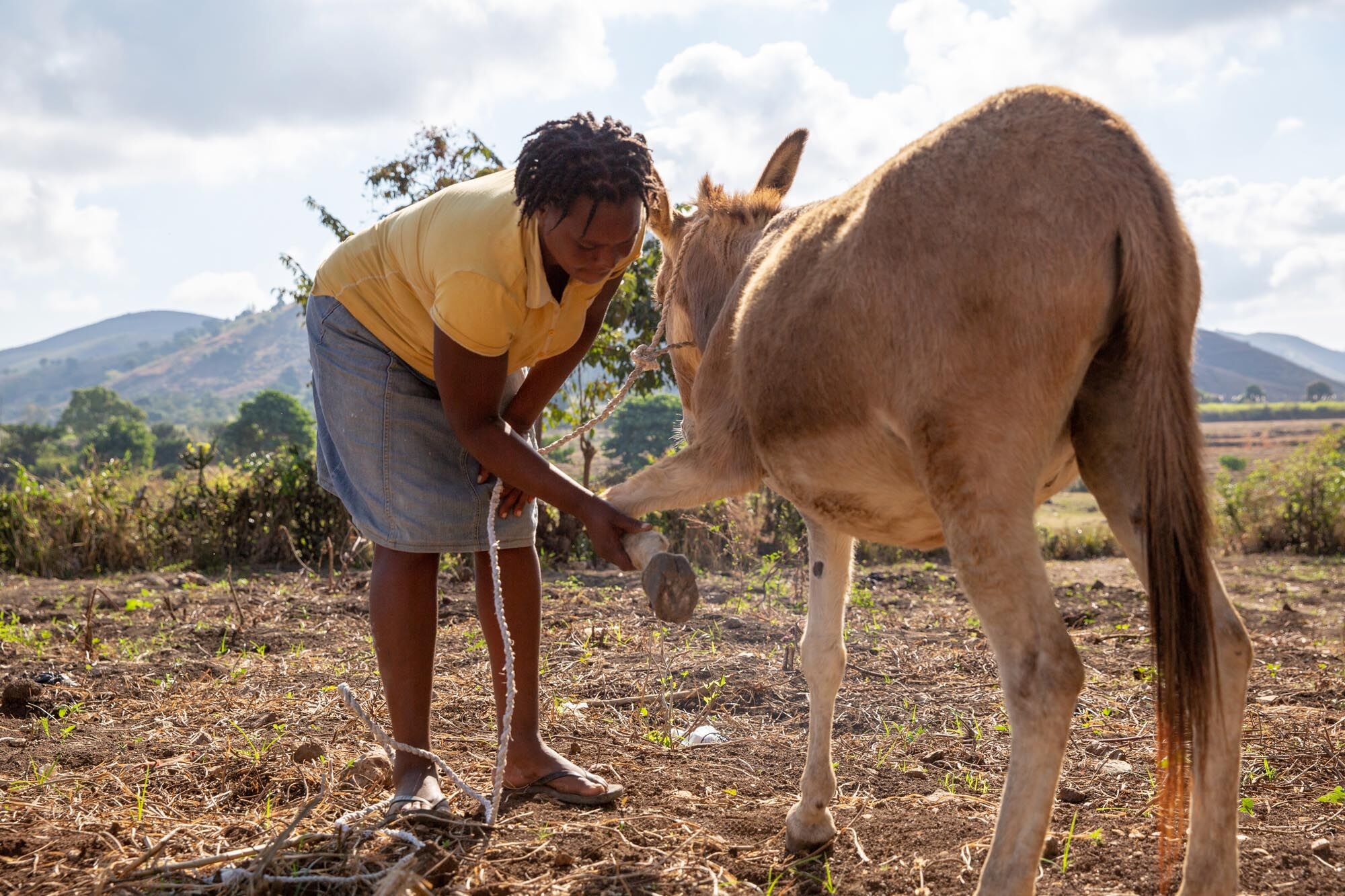
World Horse Welfare thanks public for huge response to UK Aid Match Haiti Appeal
The funds raised will support expanded projects to provide training for communities in rural Haiti to improve care for their working horses and donkeys whilst strengthening their livelihoods and independence.
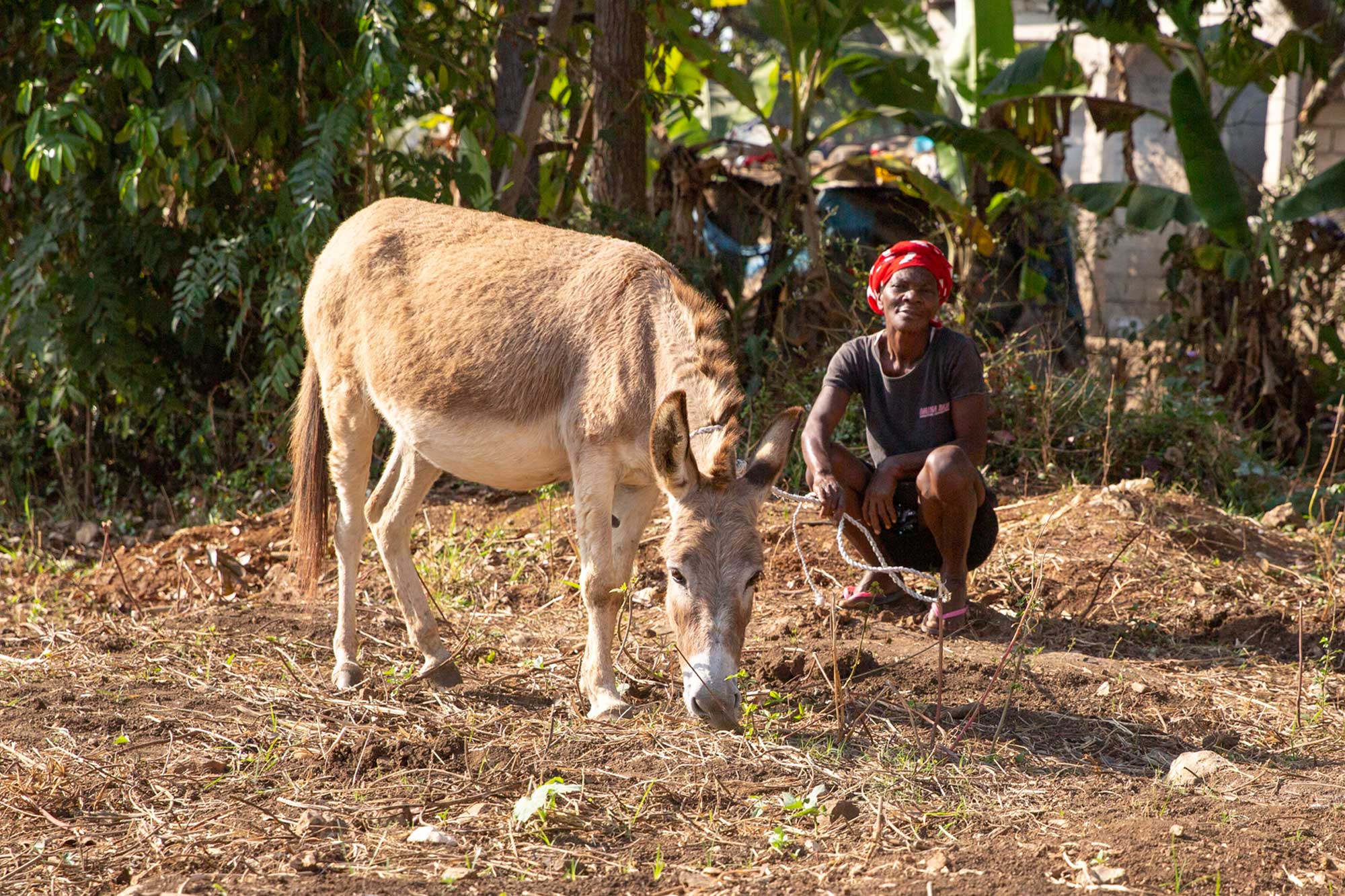
View the UN HLPF Side Event online
The jointly-hosted event looked at Working animals: Climate change and public health issues in achieving the Sustainable Development Goals.
Recommended Blog Posts
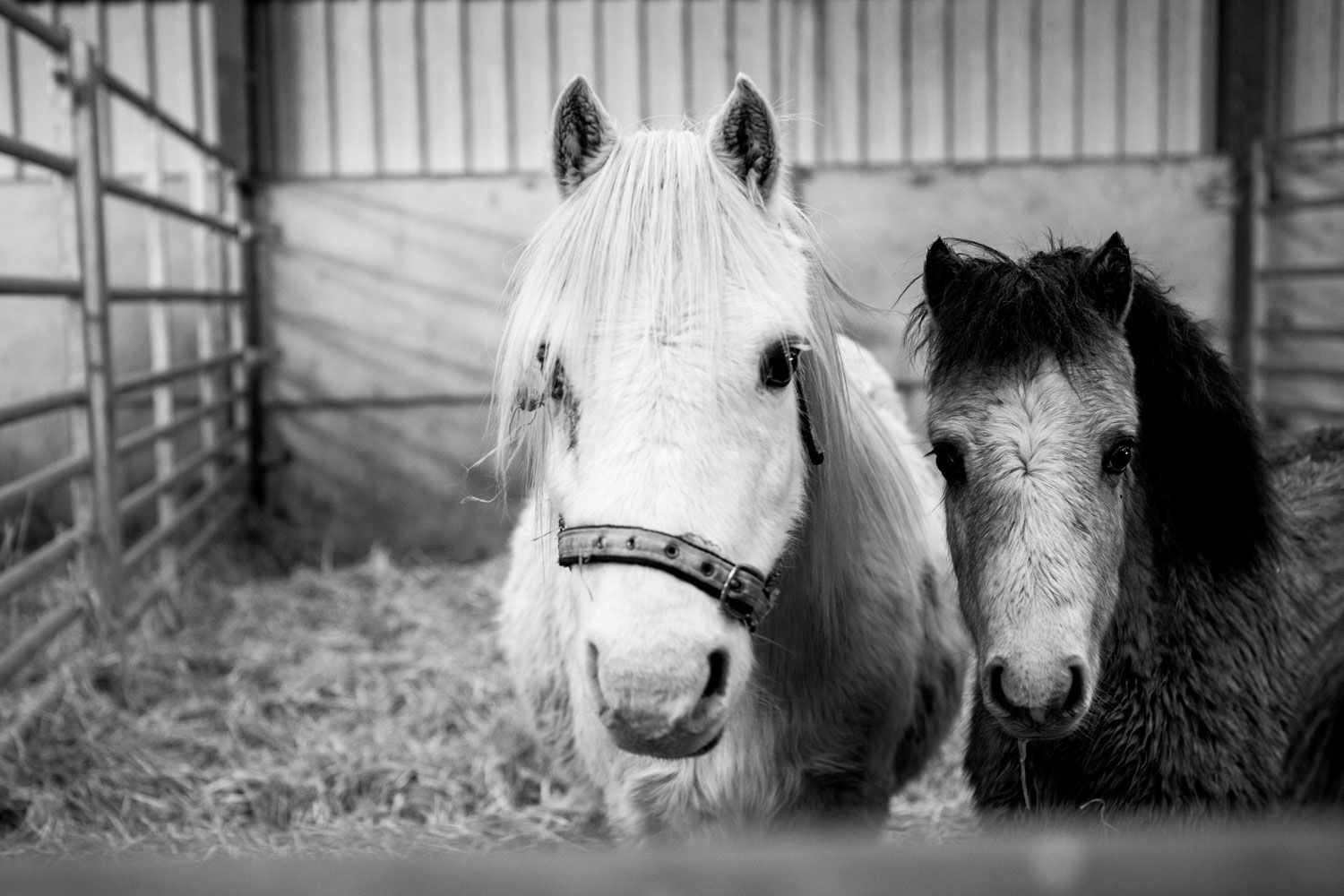
Why do horses come into our care? Is that the only successful outcome of a case?
Chief Field Officer Claire Gordon explains how horses and ponies can come into our care for all kinds of reasons and from all kinds of situations.
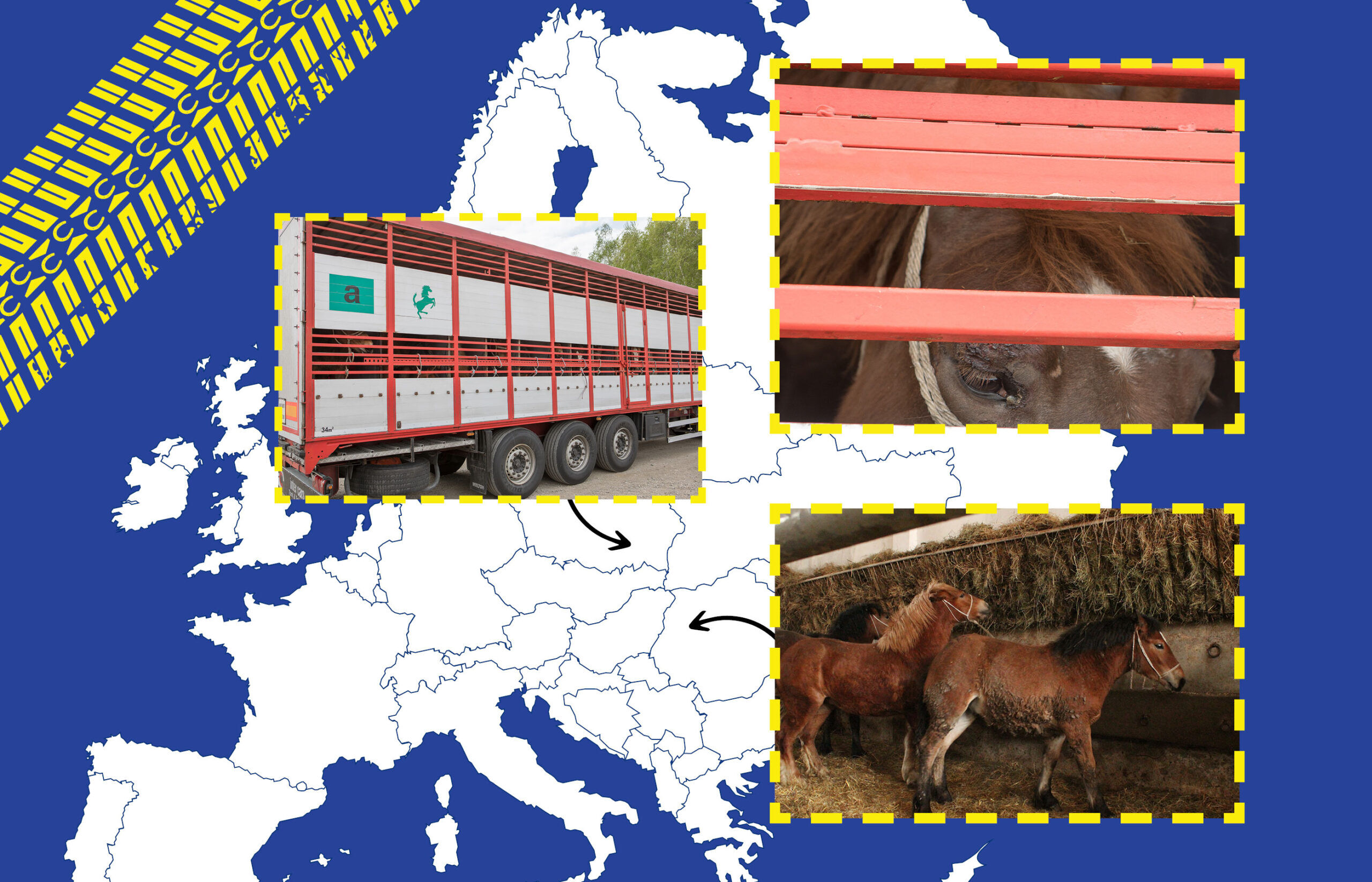
A (nearly) century long commitment
Ending the long-distance transport of horses for slaughter.
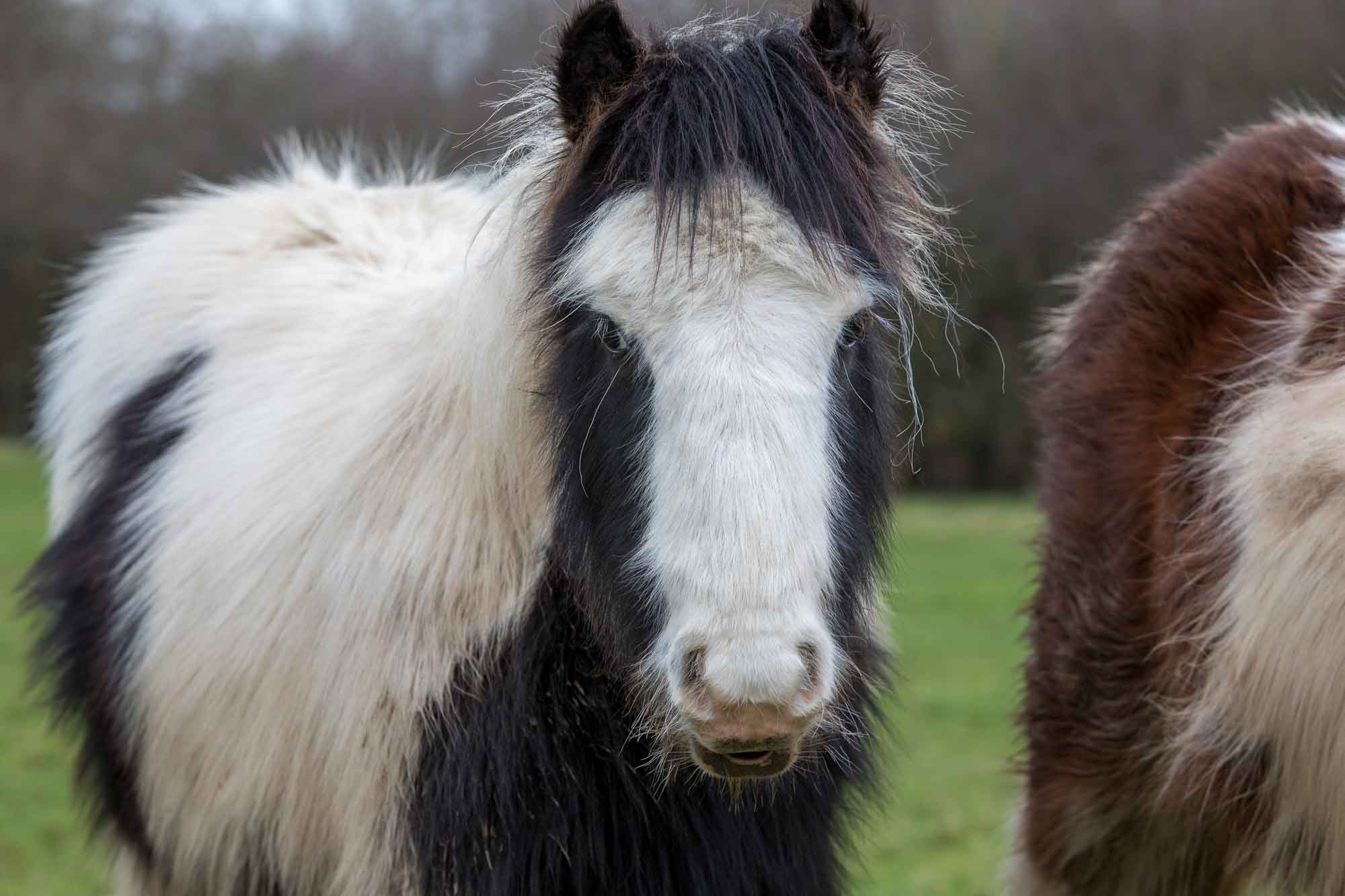
Behind the scenes: the first few months as a World Horse Field Officer
Find out what really goes on behind the scenes as a World Horse Welfare Field Officer.
Enjoy reading stories like this?
Join over 55,000 other horse lovers and sign up for our email newsletter

Join over 55,000 other horse lovers and sign up for our email newsletter
Sign me up now